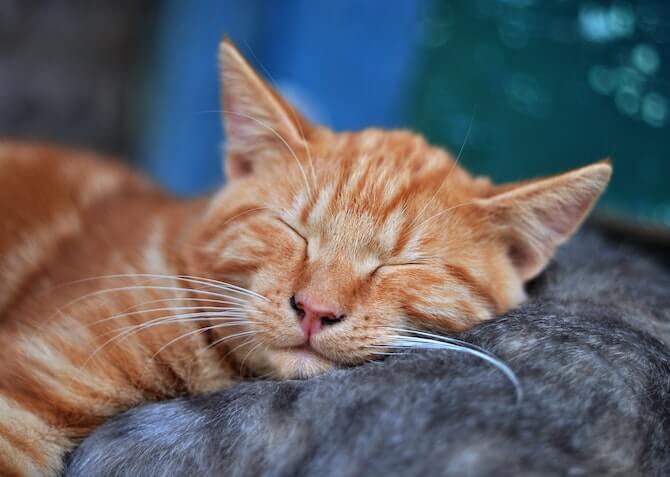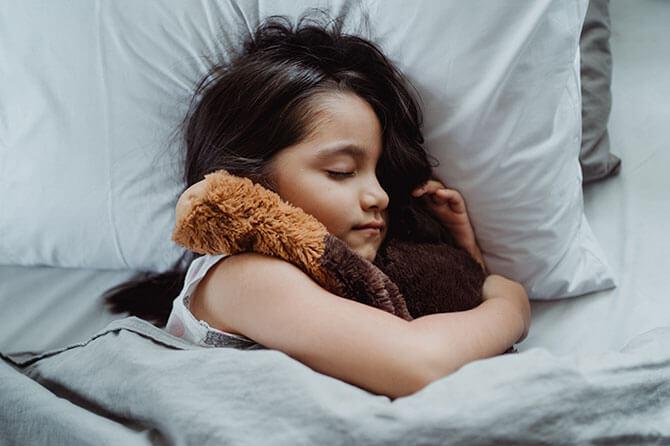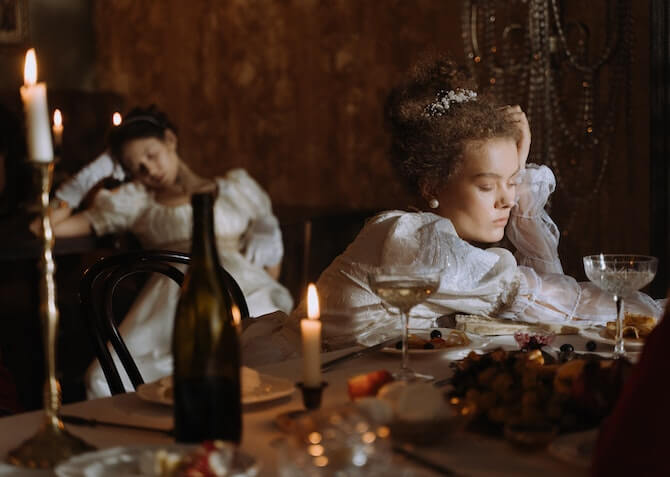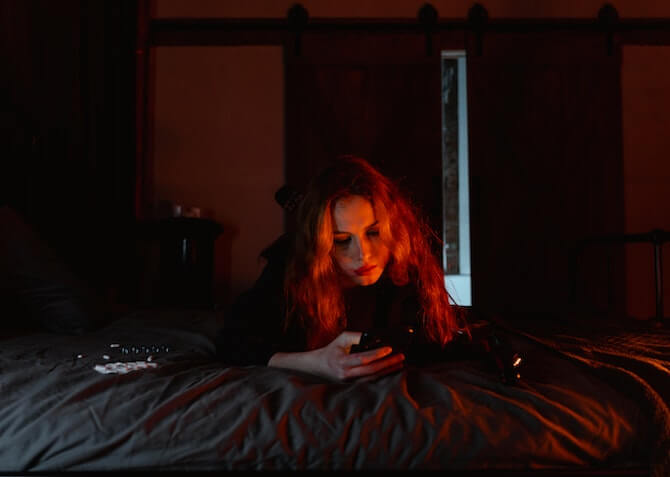
101 Crazy Sleep Facts You Might Not Know (Part 5)
We have reached the finale of our Crazy Sleep Facts You Might Not Know!
It's been a journey through some very crazy sleep facts that, hopefully, you didn't know.
If you have missed anything you can check out parts 1, 2, 3, and 4.
More from the Animal Kingdom
- Armadillos are one of the few animals that can have mono-phasic, di-phasic, and poly-phasic sleep patterns depending on their environment.
- The endangered Giant Panda spend around 10-16 hours a day sleeping and the rest of the day sleeping. It's alright for some, isn't it?!
- The majestic elephant sleeps for only 2 to 4 hours a day, often standing up. They have short, light REM cycles. It's surprising that are famous for having such a good memory considering how little sleep they get!
- Cats are 'crepuscular' creatures, meaning they are most active during dawn and dusk. They also sleep for nearly 70% of their entire lives!
- Koalas sleep for about 18-20 hours a day. This is mainly because of their diet of eucalyptus which requires a lot of energy just to digest.
- A sign of rotting food, or something else equally foul, Fruit Flies have sleep-like periods that can be observed. Scientists have used this in research on sleep.
- Brown Bats need a lot of rest being one of the few mammals capable of sustained flight. In fact, they can sleep up to 20 hours a day just to recharge!
- Sleeping between 30 minutes and 2 hours throughout the day in 5-minute increments, Giraffes really need to sort out their sleep routine!
- We have mentioned "polyphasic" sleep patterns when talking about armadillos, but horses also have a "polyphasic" sleep pattern meaning they have small naps throughout the night and day.

The Kids
- Is your infant waking up in the middle of the night? I am sure you know that this is totally normal and, most likely, a sign they need feeding or changing.
- Teens need about 8-10 hours of sleep a night to get properly refreshed and to function properly. But do they? No!
- While night terrors can affect everyone, they are more common in children. They usually occur in the first few hours of sleep.
- Just as you think you are getting a handle on looking after your infant child, at around 4 months and at 9 months, some babies experience sleep regression where their sleep patterns temporarily change.
- As they grow, children's imaginations expand and become more detailed. A side-effect of this is that they might experience nightmares. Offering comfort and reassurance is the best way to deal with these.

Sleeping History
- The ancient Egyptians believed that sleep was a temporary state of death and that dreams were a way of communicating with the afterlife.
- Somebody in the 18th century invented the alarm clock and revolutionised the way people wake up allowing for more standardised waking times, so let's all thank that person!
- In ancient Rome, the wealthier citizens had their own separate bedrooms, whereas the less privileged often had to sleep in communal areas.
- Sleeplessness hasn't always meant that you were tired, or finding sleep difficult. In "Macbeth" by Shakespeare, sleeplessness was used as a symbol of guilt and psychological distress.
- The widespread adoption of electric lighting in the late 19th and early 20th centuries significantly altered sleep patterns, as it allowed for activities to continue well into the night.
- It was often noted that on historical accounts that monarchs and aristocrats had irregular sleep schedules due to the demands of their positions. But, they are royalty, so an irregular sleep routine is probably a price they are willing to pay.
- In ancient China. candle clocks were used to measure time during the night. They consisted of marked candles that would burn for a specified amount of time.

The Last Four Facts
- There is something called "REM Rebound" which is when the body compensates for lack of sleep by spending more time in REM sleep.
- "Catathrenia" is a rare sleep disorder characterised by groaning sounds made during exhalation during deep sleep. It's sometimes referred to as "nocturnal groaning."
- There is a correlation between bruxism (teeth grinding) during sleep and the development of Parkinson's disease. It's not fully understood, but researchers are investigating this link.
- A very modern issue, especially with teens, is "sleep texting." Yes, that is a real thing.

Thank you for coming on the journey through 101 crazy sleep facts you might not know!
Explore the hub
National Shakespeare Day - 23rd April
National Shakespeare Day on the 23rd of April is considered to be Shakespeare's birthday. What do you think he would say about sleep if he worked for Dormeo?
Can better sleep boost your immune system?
Boosting your immune system with better sleep!
What Are Chronotypes?
Learn about chronotypes: your body's internal clock determining when you're most alert or sleepy.








Leave a Reply